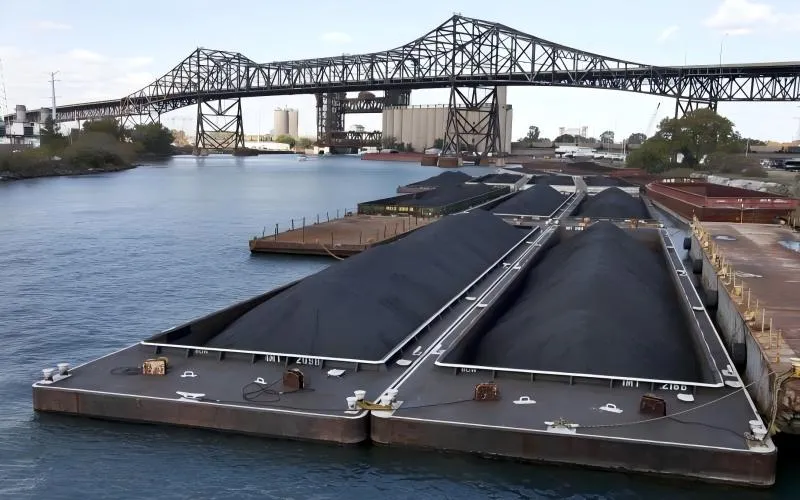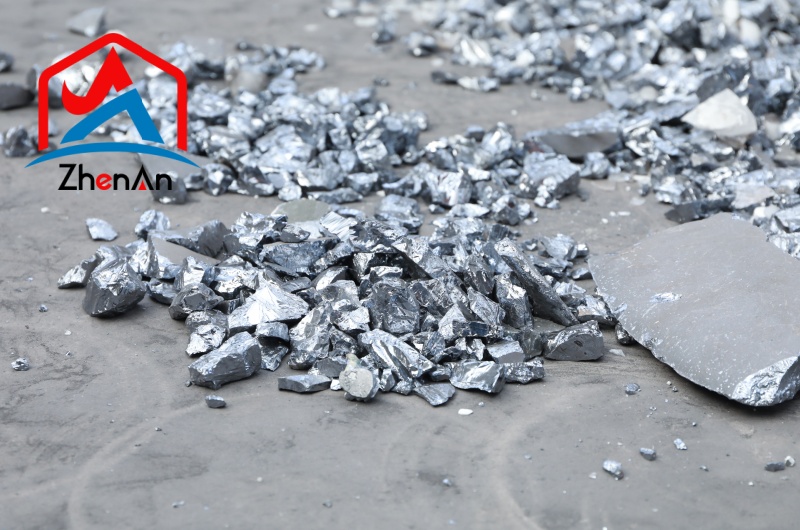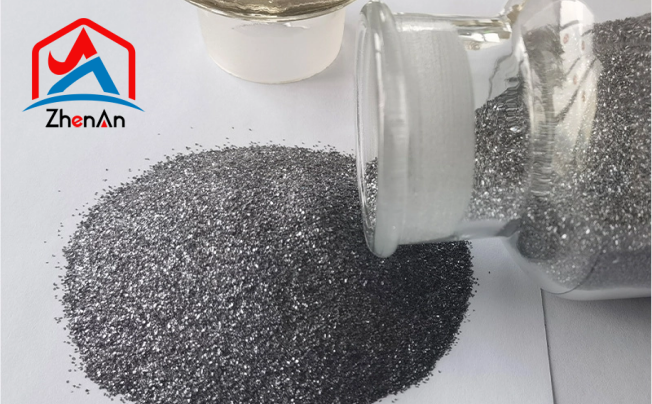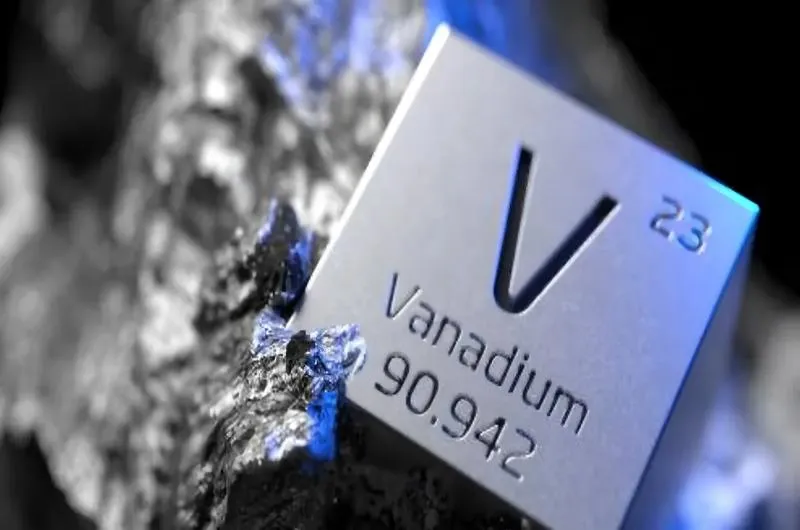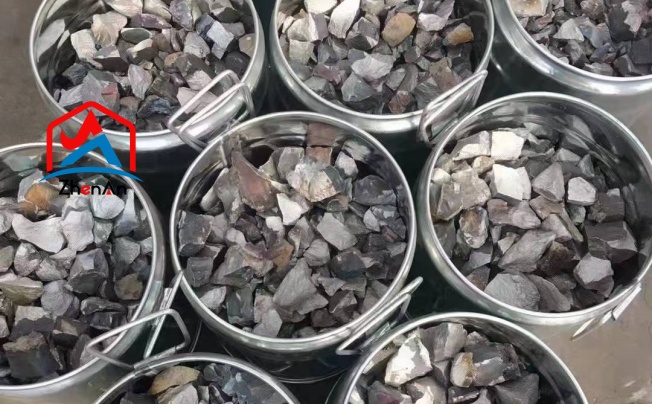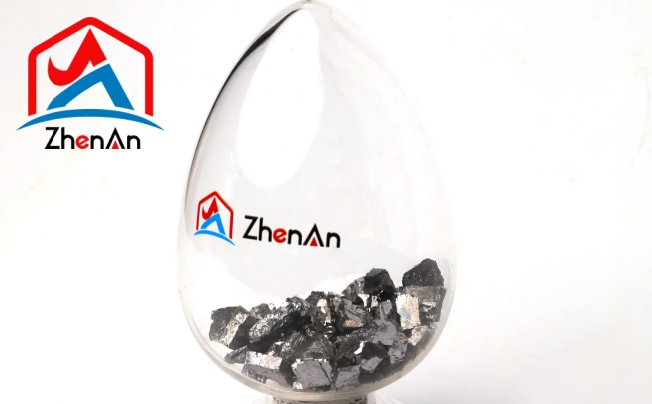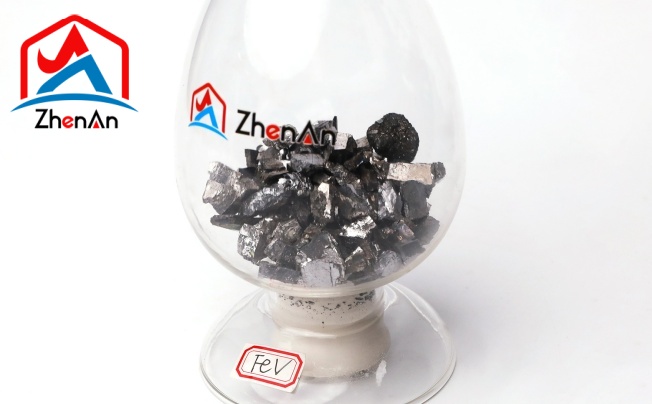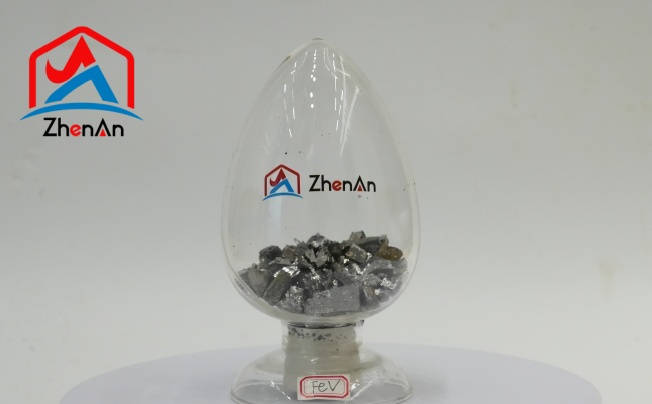BY  GENN
GENN
2024/09
Blog
Which Country Has Petroleum Coke?
Petroleum coke, often abbreviated as petcoke, is a carbonaceous solid derived from oil refining processes. It is typically a byproduct of heavy crude oil processing in oil refineries’ coker units.
Definition and Overview
Petroleum coke, often abbreviated as petcoke, is a carbonaceous solid derived from oil refining processes. It is typically a byproduct of heavy crude oil processing in oil refineries’ coker units.
Petcoke can exist in two forms: “green” coke, which is a raw material with high sulfur content and other impurities, and “calcined” coke, which has been heated to remove volatile compounds and moisture, resulting in a cleaner and more efficient fuel source. Due to its high carbon content and calorific value, petcoke has been integral to various industries, including aluminum production, steel manufacturing, and energy generation.
Importance of Petroleum Coke
Petroleum coke plays a crucial role in both economic and industrial contexts globally. Economically, it serves as a cost-effective fuel source for energy-intensive industries such as cement production and power generation.
Industrially, it provides a stable carbon supply essential for processes like anode production in aluminum smelting and as a reducing agent in iron and steel manufacturing. However, its usage is not without controversy; environmental concerns surrounding petcoke emissions, particularly sulfur dioxide and greenhouse gases, have led to stringent regulations in many regions.
Global Distribution of Petroleum Coke
Major Producing Countries
- United States
The United States is a significant producer of petroleum coke, with major production facilities located primarily in the Gulf Coast and Midwest regions. Key refineries include those operated by Marathon Petroleum, Phillips 66, and Valero Energy Corporation. These facilities capitalize on the country’s extensive oil refining capacity, with petcoke production closely tied to crude oil quality and refining techniques.
- China
China has emerged as a major player in the petcoke market, driven by its robust industrial growth and heavy reliance on coal and petcoke for energy production. Regions like Shandong and Jiangsu host large petcoke production facilities, supporting both domestic industrial needs and significant export volumes primarily to Southeast Asia and Europe.
- India
In India, petcoke production centers around major oil refineries located in Gujarat, Uttar Pradesh, and Tamil Nadu. The country’s petcoke industry serves a dual purpose, meeting local demands in sectors such as cement and steel while also contributing to export markets in neighboring countries and beyond.
- Russia
Russia’s petcoke production is concentrated in refineries across regions like Tatarstan and Western Siberia. The country leverages its extensive oil reserves to produce both green and calcined coke, exporting substantial volumes to Europe and Asia, particularly to countries with growing industrial sectors.
- Brazil
Brazil’s petcoke production primarily supports its aluminum industry, centered around refineries in the states of São Paulo and Rio de Janeiro. While domestic consumption remains significant, Brazil also exports petcoke to global markets, particularly to North America and Europe, where demand for calcined coke is high.
Emerging and Notable Producers
Canada
Canada’s petcoke production centers mainly in Alberta and Ontario, where refineries process heavy crude oil from the Alberta oil sands. The petcoke produced here serves both Canadian industrial needs and exports to the United States, reinforcing North American supply chains.
Middle Eastern Countries
Middle Eastern countries such as Saudi Arabia and the UAE play a crucial role in the petcoke market due to their significant oil production capacities. These nations produce petcoke primarily for export, catering to global demand from industrial sectors in Asia, Europe, and North America.
Factors Influencing Petroleum Coke Production
Oil Refining Processes
Petroleum coke is a product of oil refining, specifically from the coking of heavy crude oils. During this process, residual oils undergo thermal cracking, separating into lighter hydrocarbons and leaving behind solid carbonaceous material known as petcoke. The quality and type of petcoke produced depend on factors such as the crude oil composition, cooking temperature, and duration of the process.
Economic and Market Factors
Global oil prices exert a significant influence on petcoke production economics. Higher oil prices generally increase petcoke production as refineries maximize the yield from heavy oils. Conversely, fluctuations in oil markets can impact petcoke availability and pricing, affecting industries reliant on stable carbon supplies.
Technological and Environmental Considerations
Advancements in refining technologies have improved petcoke quality and production efficiency. Modern coker units utilize advanced thermal cracking and gasification processes to produce cleaner, higher-grade petcoke suitable for stringent environmental regulations. Environmental concerns continue to drive innovation in petcoke production towards minimizing emissions and improving sustainability.




